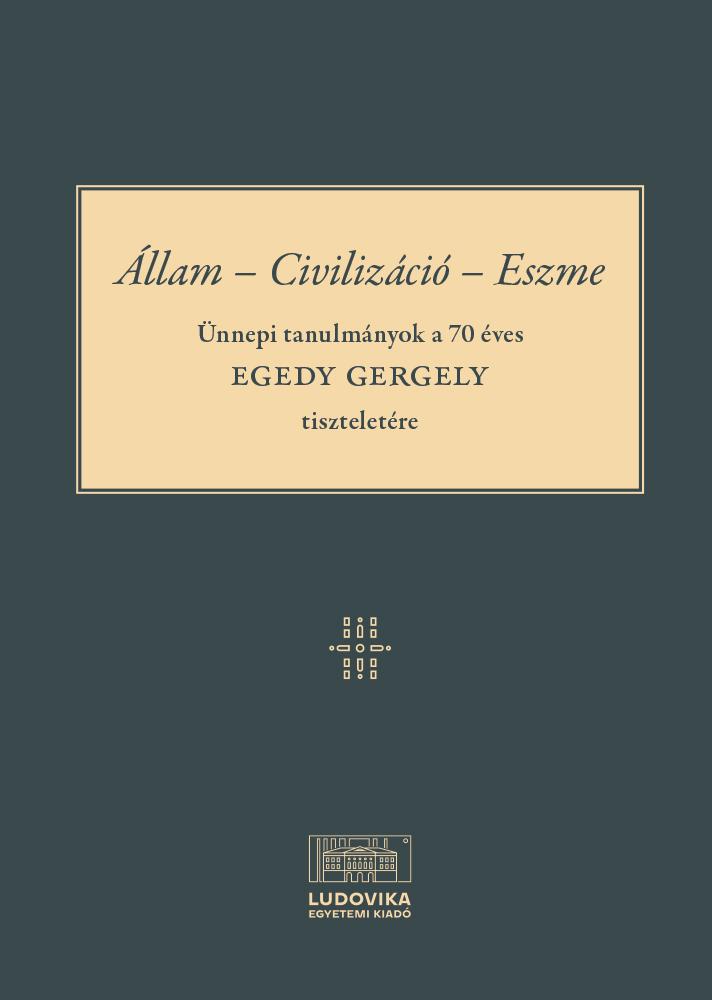Az iszlám és a területi állam fogalma
Synopsis
A területi állam fogalma a Közel-Keleten egy külső, európai beavatkozás eredménye. A modern területi államok létrehozása – elsősorban az Oszmán Birodalom területén – a törzsiségen alapuló arab és az iszlám umma-felfogását írta felül. Az arab közösség újraegyesítése az arab nacionalizmus, míg az iszlám umma egyesítése a különböző politikaiiszlám-mozgalmak célja lett. A 21. század elejére nyilvánvalóvá vált, hogy a szigorú területi korlátok között a térség államai sajátos egyedfejlődésen mentek keresztül, és mára európai értelemben is értelmezhető nemzetállamokká váltak, amit az átmenetileg területiséggel is rendelkező Iszlám Állam kalifátusa sem volt képes megváltoztatni.
The concept of the territorial state was introduced to the Middle East by external – European – actors. The modern territorial states – primarily established on former territories of the Ottoman Empire – were imposed upon the tribal Arab societies and the umma of Muslim believers. The re-unification of the Arab communities became the aim of the Arab nationalism, while political Islamic movements sought to unite the umma of believers. However, by the beginning of the 21st century, it became evident that the states in the region had undergone a distinct development and had evolved by now into nation-states in European terms, which could not be altered by the challenge posed by the Islamic State either.



.svg)
